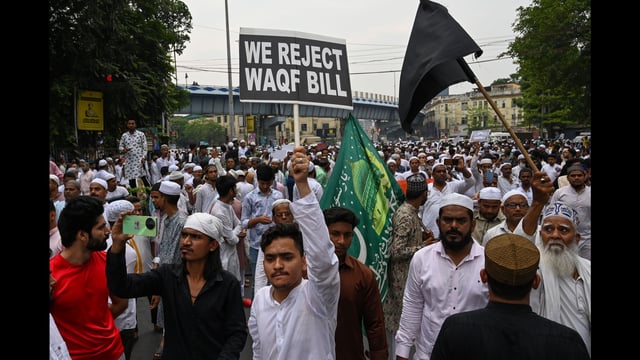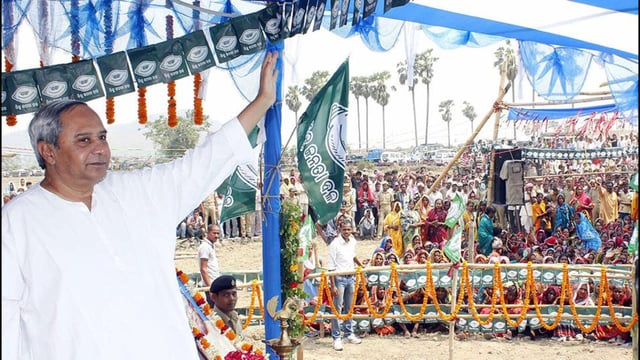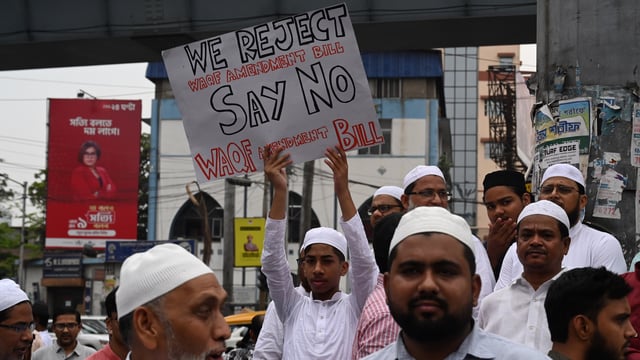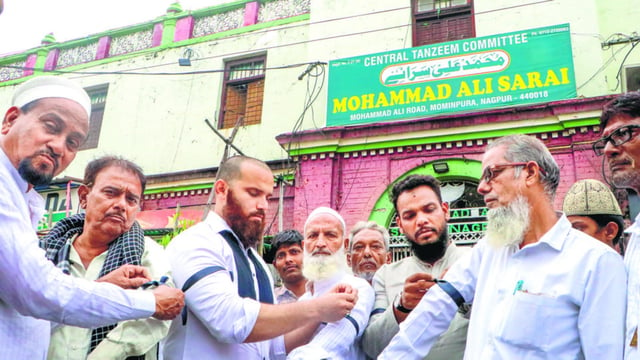Overview
- The Waqf (Amendment) Act, 2025, became law after President Droupadi Murmu's approval on April 5, following intense parliamentary debates.
- Opposition parties, including the Congress, DMK, RJD, and AIMIM, have filed petitions in the Supreme Court, alleging that the Act undermines constitutional protections for minorities.
- The Act has triggered widespread protests across India, with incidents of violence, including the torching of a BJP leader's house in Manipur, intensifying tensions.
- The government defends the Act as a measure to enhance transparency and prevent misuse of Waqf properties, while critics argue it infringes on minority autonomy and religious freedoms.
- Muslim organizations and civil society groups continue to organize demonstrations, with some leaders warning of broader implications for other minority communities.



